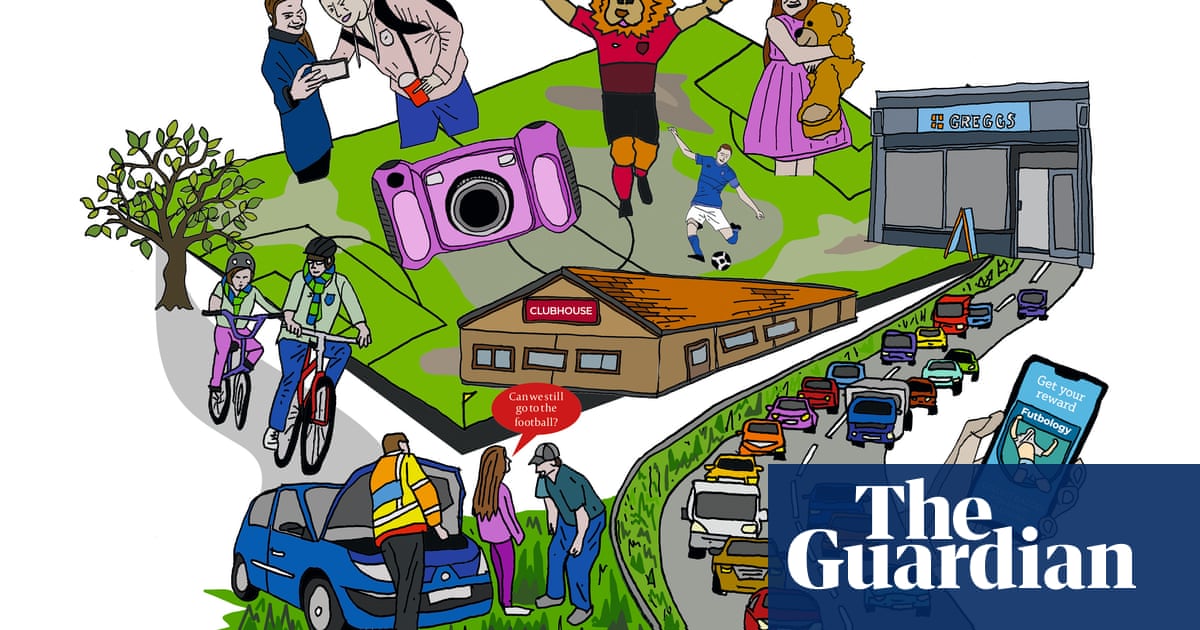
Out of 68 million people in the UK, there are just 29,725 individuals who have no legal right to know their parentage. My child is one of them. It’s clearly wrong, and I am to blame. Twenty-seven years ago I decided to have a baby on my own. I didn’t have a partner, but two different men offered to be the donor. I went to a leading fertility doctor, the late Prof Ian Craft, who had produced the first test-tube twins. He advised that research showed it was less emotionally complicated for a child to have an anonymous donor – research I have since been unable to locate.
So that’s what I did. Aged nearly 45, I gave birth to a wonderful healthy daughter. At the time, anonymous donors were guaranteed anonymity for life. So by making that decision I gave up my child’s right to ever know who her father was. Now I see the ethical flaw in the arrangement. How could I have given up someone else’s right to know who they are?
Present law acknowledges this, but my daughter is a legal anomaly. The 29,725 people, of whom she is one, were born by egg or sperm donation between 1 August 1991 and 1 April 2005. During this brief period, donor parents were guaranteed anonymity for ever. Prior to 1991, no official central record was kept of donors; after 2005, children were given the right to know the identity of their donor once they were 18.
The Human Fertilisation and Embryology Agency (HFEA) is considering whether to recommend that, in future, children conceived through donation should have the right to know the identity of their biological parents from birth. I believe this discussion is a good opportunity for the agency to consider whether the guaranteed anonymity of past donors should also be reconsidered.
My daughter has not yet found out who her father is – and as things stand, she may never know. This affects her sense of identity and has some potential medical consequences. I always told her the truth about how I had conceived her and, while she missed having a father, her childhood was happy. But all that I could tell her was the information I was permitted legally: his height, build, colouring and stated profession.
She is, however, allowed to know the number of her half-siblings, in her case at least eight. The HFEA offers donor parents, and children once they are 18, the opportunity to state if they would like to be contacted. Very few do. To date, just 223 donors from between 1991 and 2005 have said they were open to being contacted by their children and only 27 people have received identifying information from the HFEA about their donors. Of course, many people may not know they were born by donation or may have no interest in finding out about their biological parents. My child wants to know, but DNA testing has not produced any relatives.
Meanwhile, whenever we have had to provide a family medical history, half of it remains blank. With growing understanding of the importance of heredity in medical conditions, this has significant implications. In the state of Victoria in Australia, the ending of donor anonymity was made retrospective after a campaign by a woman born by donation who developed cancer early. She wanted to ensure that any half-siblings she had should be alerted to the potential risk to their health. Sadly she died after succeeding in her fight.
There is a precedent for the British state to renege on a promise of lifetime anonymity for biological parents. In the mid-1970s, adopted adults gained the right to obtain the original copy of their birth certificate.
The HFEA’s chief executive, Peter Thompson, says that society needs to “start a conversation” about donor anonymity because of the widespread use of cheap DNA tests. He says that maintaining confidentiality may be impossible: “The honest truth is that people will just find out.” The organisation suggests donors should consider ending their anonymity so that they can do so with support from the HFEA. The same goes for children who don’t know their origins. The Donor Conception Network, the organisation that represents families of donor-conceived children, believes it is better that this information is revealed “with all parties aware and informed, and with parental support and counselling/support services on hand where needed”.
My daughter is clear that donor anonymity should be abolished retrospectively: “The benefits outweigh any downside. I don’t think it’s right to stop someone knowing who they are.”
Dorothy Byrne is the former head of news and current affairs at Channel 4 and president of Murray Edwards College, Cambridge
Do you have an opinion on the issues raised in this article? If you would like to submit a letter of up to 300 words to be considered for publication, email it to us at guardian.letters@theguardian.com












